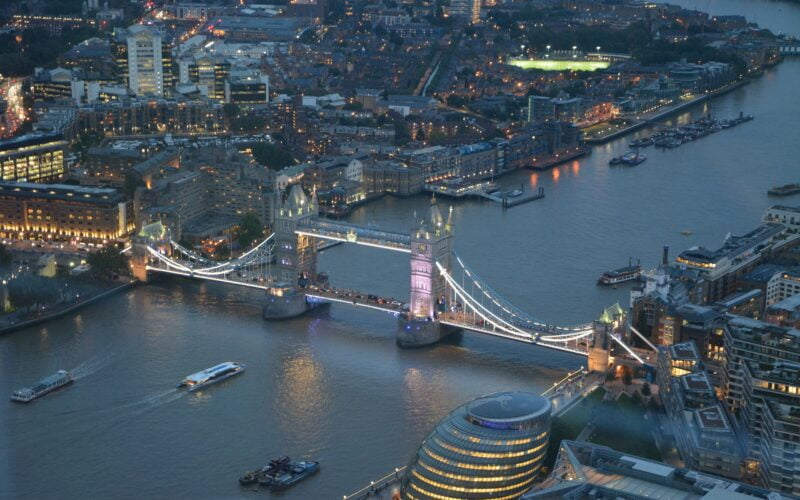According to a new Institute of Race Relations report, citizenship-stripping powers have created a “second-class citizenship” in the UK.
SUMMARY
- Muslims living in the UK from South Asia are now “Second-class citizens.”
- This action was taken after security issues.
The book Citizenship: from right to privilege examines how outrage against Section 10 of the Nationality and Borders Act, which permits citizenship to be revoked without notice, increased public awareness of the powers and prompted a groundswell of opposition among campaigners, MPs, and Lords in response to the controversial section.
According to the report, both Labour and Conservative governments have given ministers successively greater powers to remove citizenship from individuals who have access to another citizenship – primarily ethnic minorities – and the targets are mainly British Muslims of South Asian descent.
After Abu Hamza was removed from citizenship in 2003, the power to remove citizenship increased substantially. It has been at least 30 years since the removal of citizenship was authorized, but since then, there have been at least 217 removals, with 104 reductions occurring following the fall of ISIS in Syria in 2017.
The Home Office doesn’t need to demonstrate objectively reasonable grounds for removing a person’s citizenship, nor must the person have been convicted of any crime, as many people are deprived of citizenship without any criminal record.
The British citizenship of aid worker Tax Sharif was revoked after he traveled to Syria.
According to the government, citizens can be stripped of their citizenship only if their actions pose an imminent threat to national security or if they commit horrendous crimes.
Frances Webber, the vice-chair of IRR, believes the powers affect far more people, creating a disposable and contingent class of primarily minority ethnic Britons.
In her opinion, the changes to citizenship law that have resulted in the creation of these citizenship classes have been enacted by the British government to target British Muslims of South Asian and Middle Eastern descent. These divisions serve as a constant reminder to minority ethnic citizens that they must watch their steps, as well as reinforce racist messages that racialized groups are undeserving of British citizenship.
It is argued within the report that the ambiguous, undefined criteria for deprivation increase the likelihood of arbitrary and discriminatory decisions, as well as the risk that the powers will be abused for political purposes.
After Home Secretary Sajid Javid revoked Shamima Begum’s citizenship in 2018, a spy working for Canada revealed that Shamima Begum had been trafficked to Syria by a spy.
“The recent revelations regarding Begum’s trafficking and the British authorities’ collusion in the cover-up suggest that this risk is real,” stated Webber. In this regard, the question arises as to whether Begum’s citizenship was removed to divert attention from Western agencies’ priority for intelligence gathering over safeguarding vulnerable trafficked girls.”
In addition to threatening racialized communities’ rights to criticize the government, Webber stated that Muslims were turned into a “suspect community” due to the legislation. In her view, the increasing use of these powers, in conjunction with other provisions affecting Muslim communities, including the controversial Prevent duty, has coincided with the government’s shift away from racial and religious equality protections, as Liz Truss has described it as “favoritism.”
“The ‘deportation logic’ on which the deprivation powers are based – get rid of them regardless of their family ties or how long they have lived here – is the logic that led to the loss of livelihoods, homes, freedom, and country for the Windrush generation,” Webber explained.


 WhatsApp Channel
WhatsApp Channel
 Instagram
Instagram
 Facebook
Facebook
 X (Twitter)
X (Twitter)
 Google News
Google News